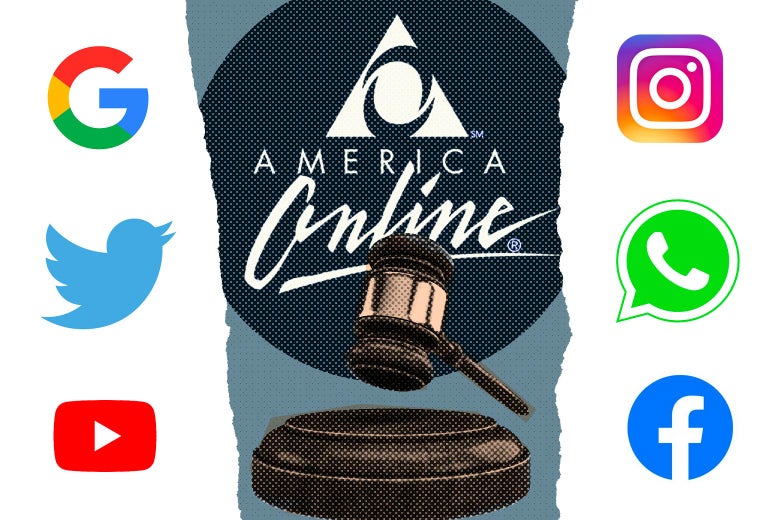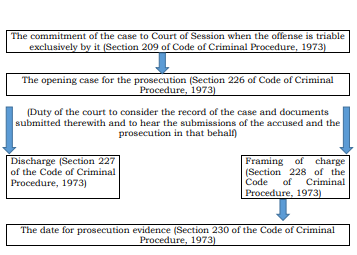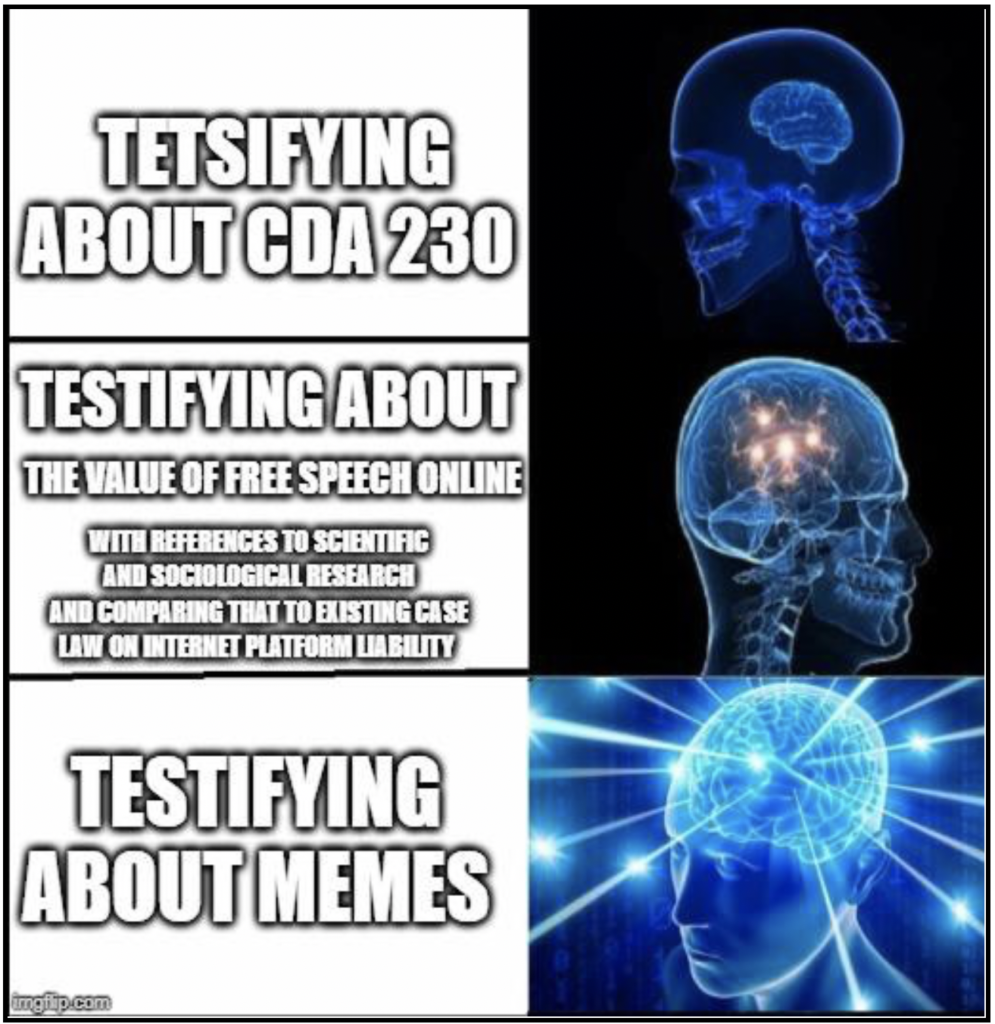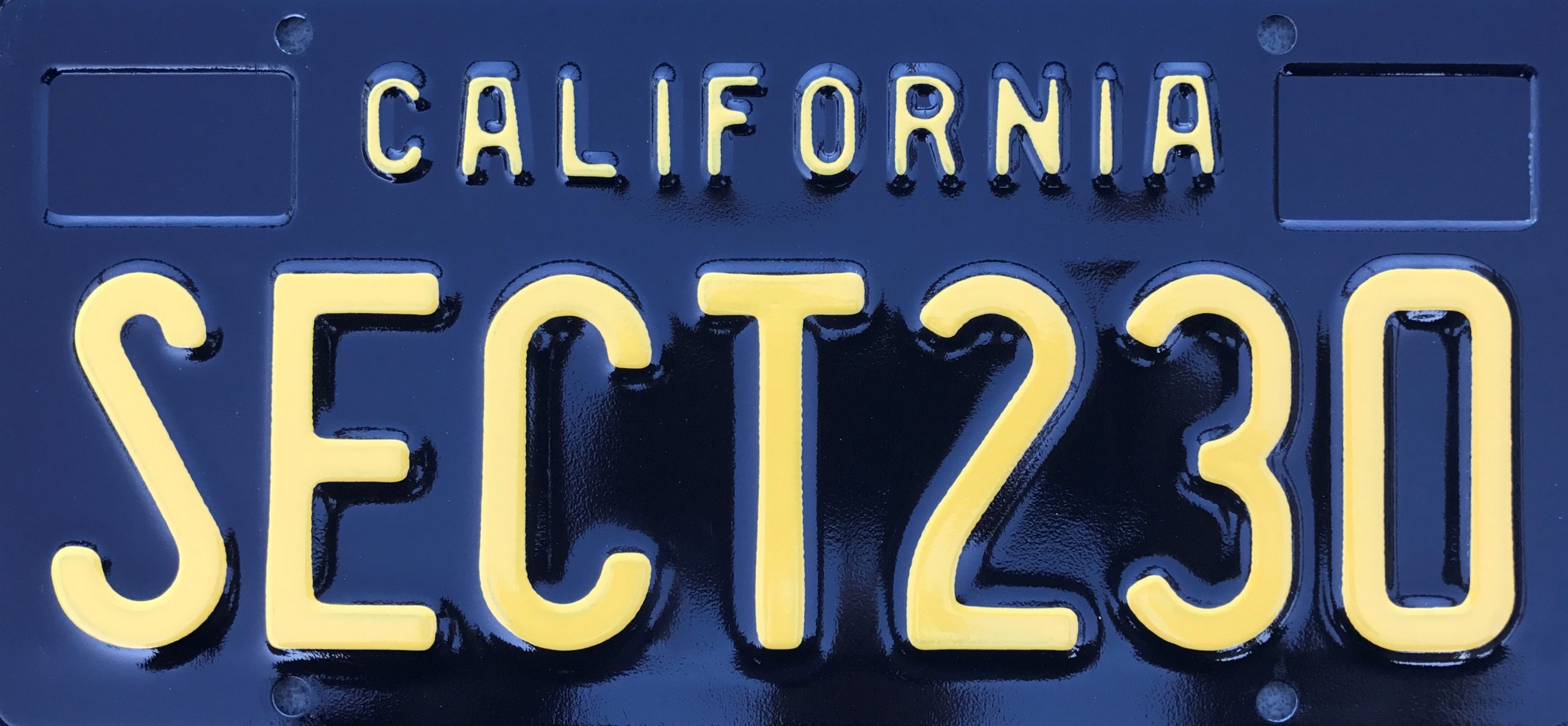Section 230 Supreme Court

The supreme court declined yesterday to review the scope of section 230 of the communications decency act cda which gives online platforms immunity from civil liability for third party content on their services.
Section 230 supreme court. The supreme court has rejected a lawsuit claiming facebook provided material support. Section 230 was designed to prevent internet companies. Stratton swiftly sued prodigy for the defamatory statements in long island state supreme court and won in 1995 with appeals. The issue bears directly on a number of big tech companies currently coming under fire for attempts to control or influence speech and information consumption online.
Justice clarence thomas released a statement agreeing with the court s decision to not hear the section 230 case known as malwarebytes inc. Websites generally can t be sued for user created content under section 230 of the communications. But justice clarence thomas wrote separately to explain why the views the current dominant interpretation of section 230 to be overbroad arguing that the supreme court. But the court kept section 230.
In his statement justice thomas agree s with the court s decision not to take up the case but goes on to explain why in an appropriate case the court should consider the scope of the immunity from civil liability that section 230 provides to online platforms. The law which was passed at the beginning of the dot com era allows internet companies to avoid liability for content that has been posted by users on their platform. Supreme court justice clarence thomas argued that section 230 of the communications decency act cda is applied too broadly to social media companies in a recent letter.
















